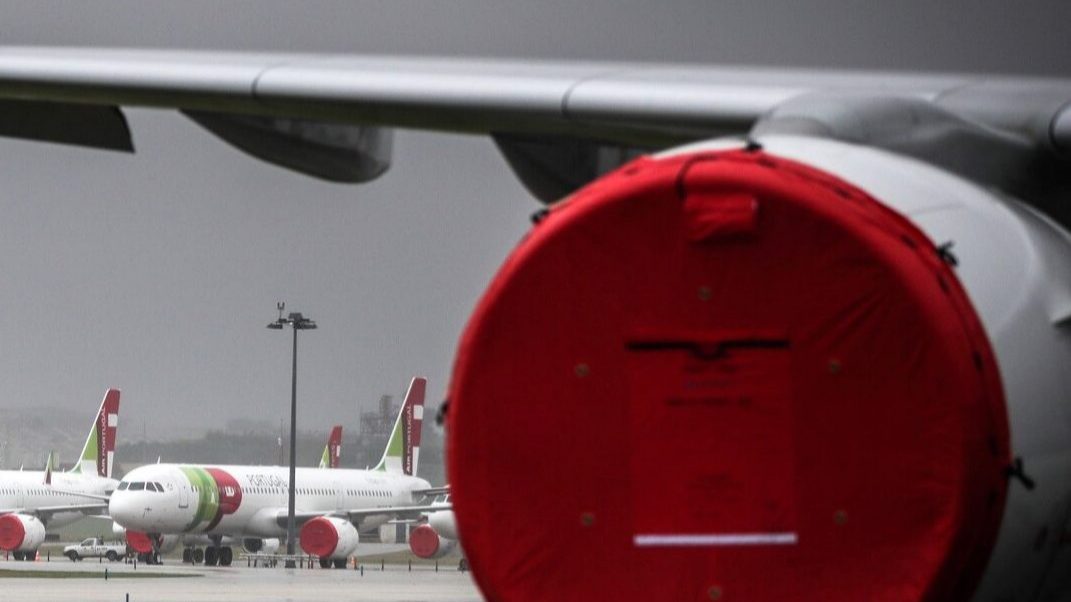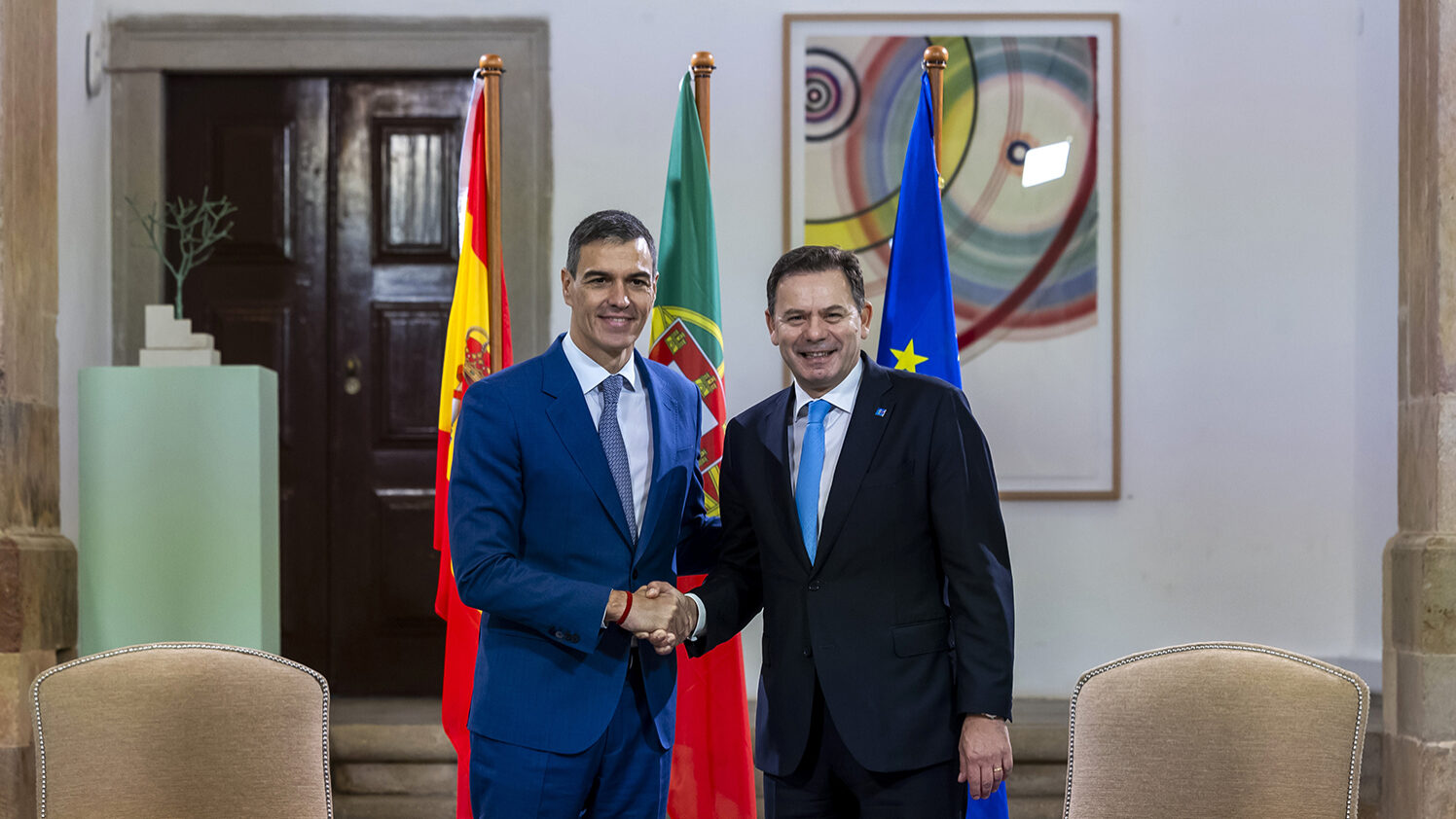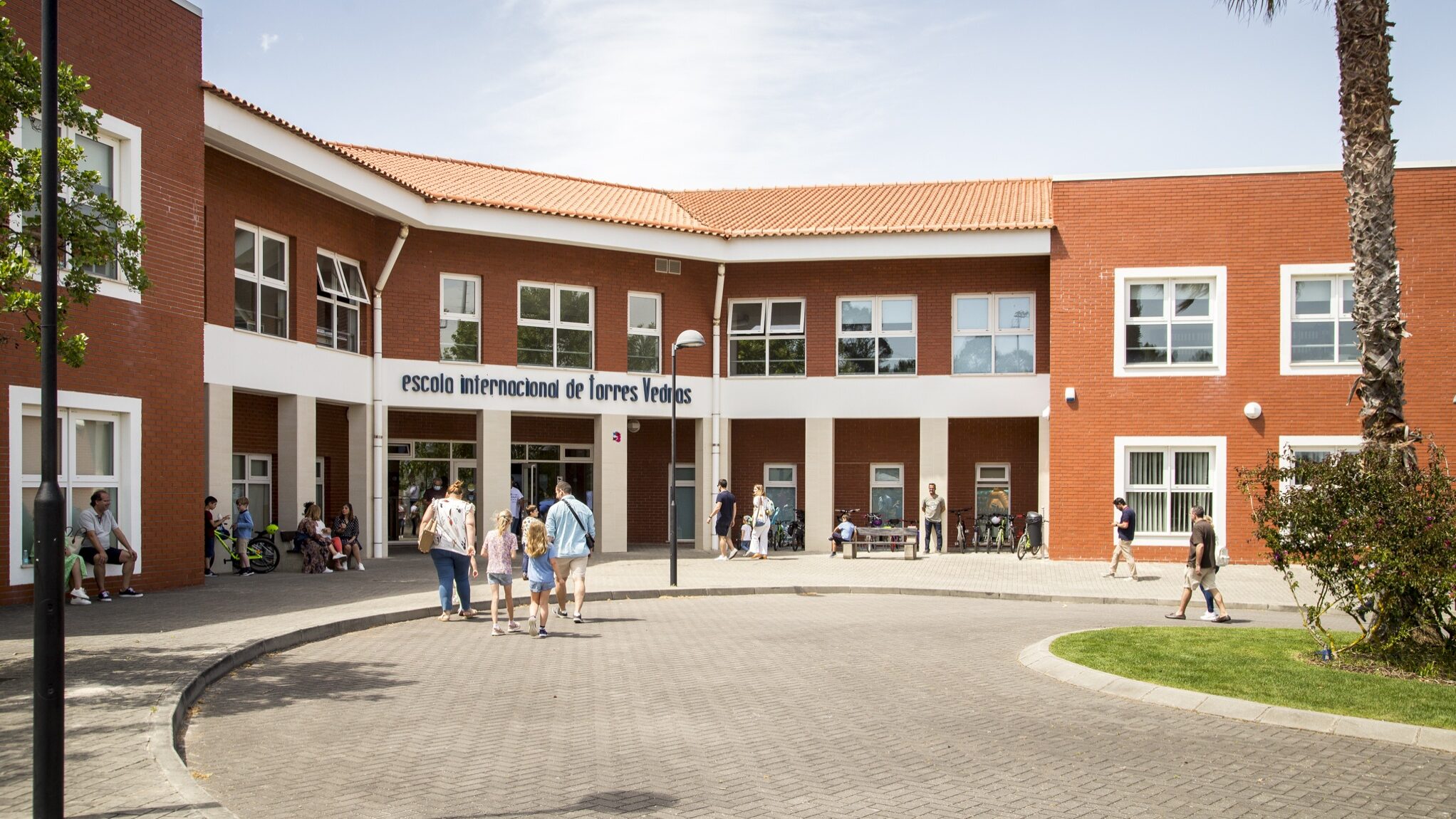New border force starts work Thursday with 1,200 police officers
The PSP's National Foreigners and Borders Unit (UNEF) will operate with around 2,000 people "in the medium term”.
The PSP’s National Foreigners and Borders Unit (UNEF), known as the “mini SEF”, comes into force on Thursday with 1,200 police officers able to control borders at airports.
With the extinction of the Foreigners and Borders Service (SEF) in 2023, some of this security force’s competences were transferred to the PSP and now the PSP is in charge of operations to remove, readmit and return people in an irregular situation, which had been assigned to the Agency for Migration Integration and Asylum (AIMA).
The aim, explained the PSP in a statement, is that “in the medium term” the UNEF will operate with around 2,000 people, including “police officers, specialised technicians, service providers and volunteers from civil society and non-governmental organisations”.
This need for an increase in staff is a result not only of the new competences now assigned, but also of the implementation of the new entry-exit system that will be in place from 12 October 2025 and the implementation of the European Pact for Migration and Asylum from next year.
In addition to removal and return operations, which were the responsibility of AIMA, the surveillance, inspection and control of air borders, which were already the responsibility of the PSP, will also be concentrated in the new unit, which the national director of the PSP will lead.
The UNEF will also open administrative offence cases under the legal regime for the entry, stay, exit and removal of foreigners from the country.
The aim is for the PSP’s current airport security and border control divisions, created following the demise of SEF and located at Lisbon, Porto, Faro, the Azores and Madeira airports, to be integrated into UNEF.
However, the transfer of the divisions to UNEF will be a “gradual and phased” process to ensure “articulation with the existing PSP units”, explained the PSP.
Paulo Santos, a trade union leader from the Police Professionals’ Trade Union Association (ASPP), told Lusa that the police have a long-standing problem with staff shortages and acknowledged his reservations about this new unit, pointing to “more burdens on police officers”.
This new unit was the result of a government proposal, the project of which had some changes requested by Chega, who tried to change the name of the unit, but to no avail.
The government’s proposal was approved in parliament in July, with the PSD, Chega, IL and CDS voting in favour, the PS and JPP abstaining, and the other left-wing parties voting against.




